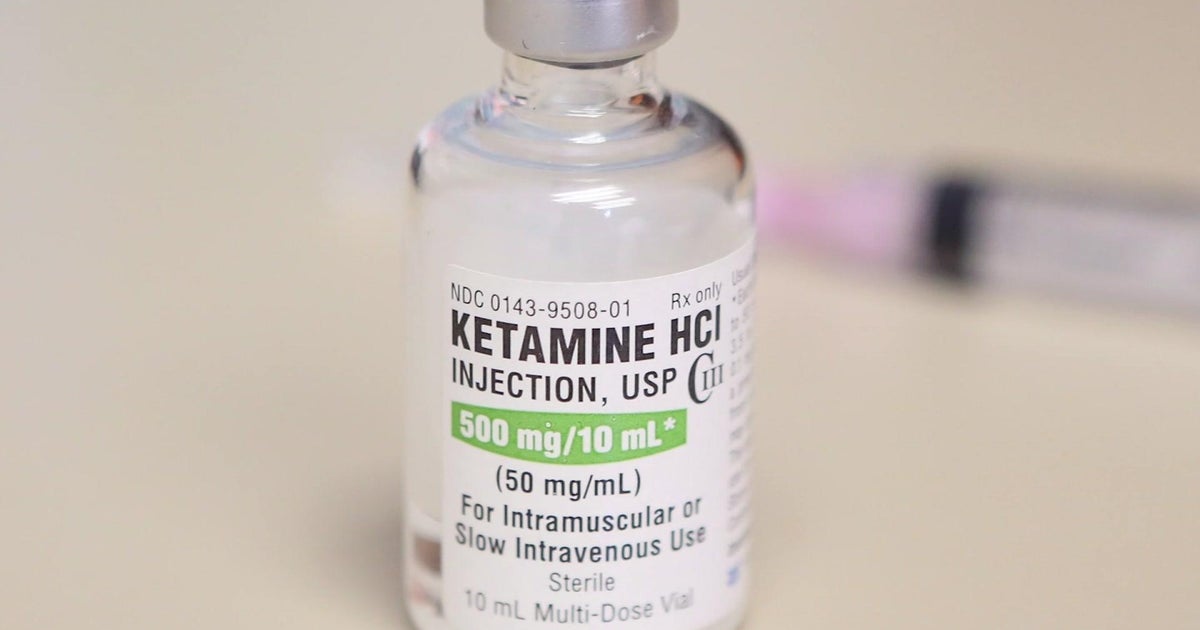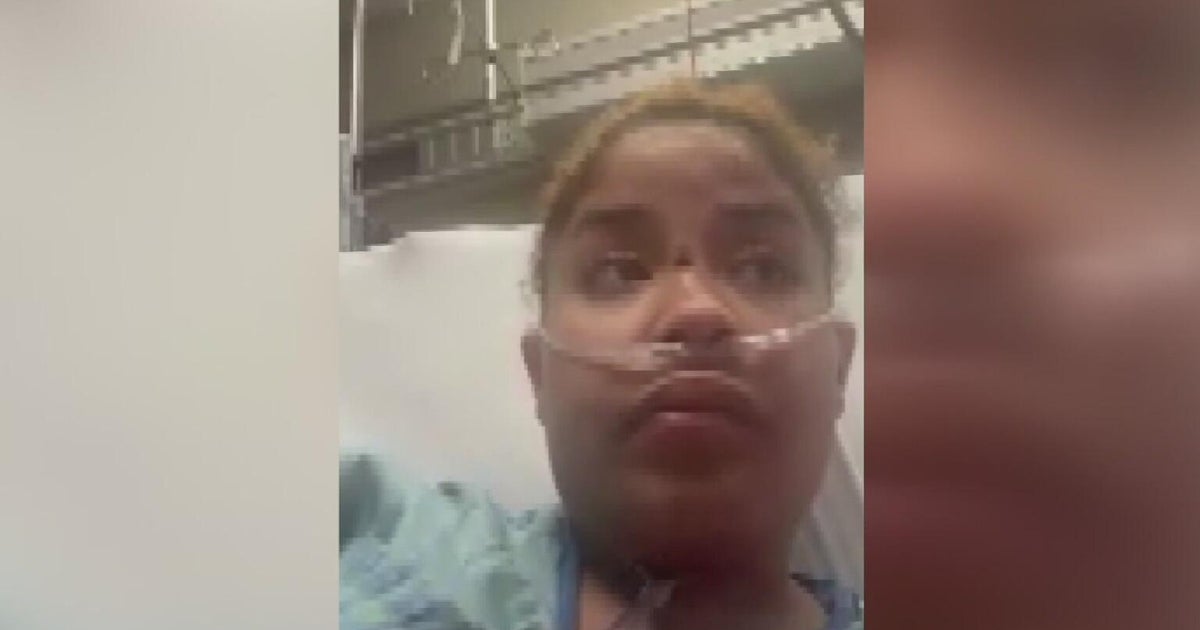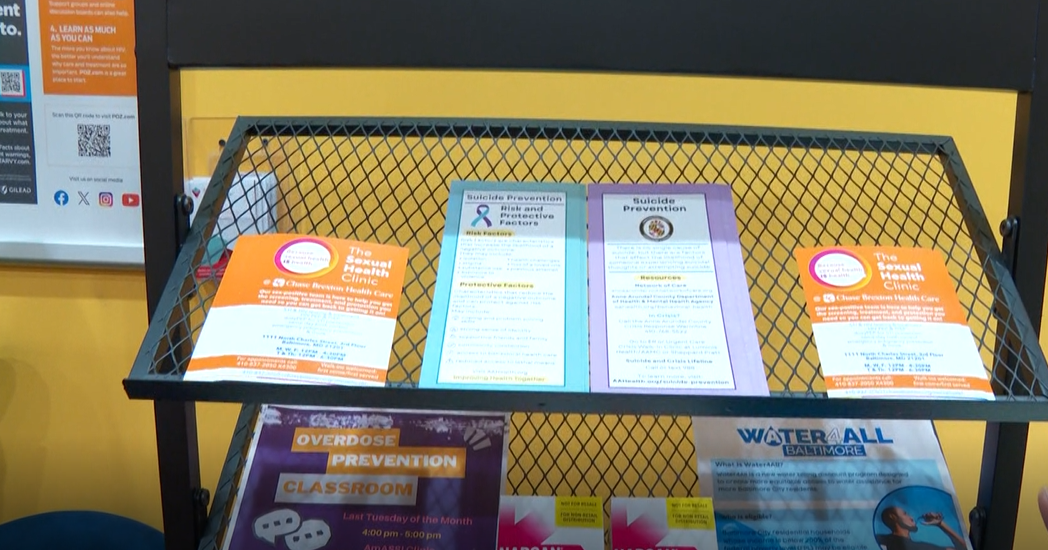Kidsburgh: Pitt Research Project Explores Mental Health Of Teenagers
PITTSBURGH (KDKA) -- The mental health of kids and teenagers has been a big concern, especially during the pandemic.
Researchers at the University of Pittsburgh got a unique perspective of teenagers' mental health with a study that never expected to gain insight into a pandemic but just happened to begin right before everything shut down in March 2020.
Eight local teenagers created short films focusing on the stressors and supports for their mental health.
The research project for the University of Pittsburgh's Graduate School of Public Health used collaborative filmmaking, giving teenagers equipment to create, film and edit on their own.
Ayala Rosenthal, a 19-year-old from Squirrel Hill, documented her mental health experience starting in March 2020. She became passionate about mental health after a young person in her Orthodox Jewish community died by suicide.
"I was living in a really oblivious world, but even more than that, it was just so not talked about. I had literally never even heard of a suicide actually happening in my community so that was a real wake up for me," she said.
Ayala has learned to better express what she's feeling, both the good and the bad. In her film, she says, "I felt anxiety, loneliness, worthlessness, depression, stress."
Dr. Sara Baumann said the study found animals and nature helped teenagers cope with academic stress, and high expectations from social or cultural groups were common.
"A lot of them talked about pressure to perform, pressure as the first generation youth going to college in America, all of these things. There are really high expectations put on them, and they expressed that leads to a lot of stress," the doctor said.
Surprisingly, the films also showed COVID-19 helped some teenagers distance themselves from unhealthy relationships and reduce social pressure. Ayala hopes the films help other teenagers.
"I hope that other teens who see these films will really be able to relate and feel that they're not alone in the struggle because there are so many people out there who are dealing with similar things and that they should feel empowered to reach out for help," Ayala said.
The researchers plan to have more community screenings of the films and to share their findings with people who can help.







